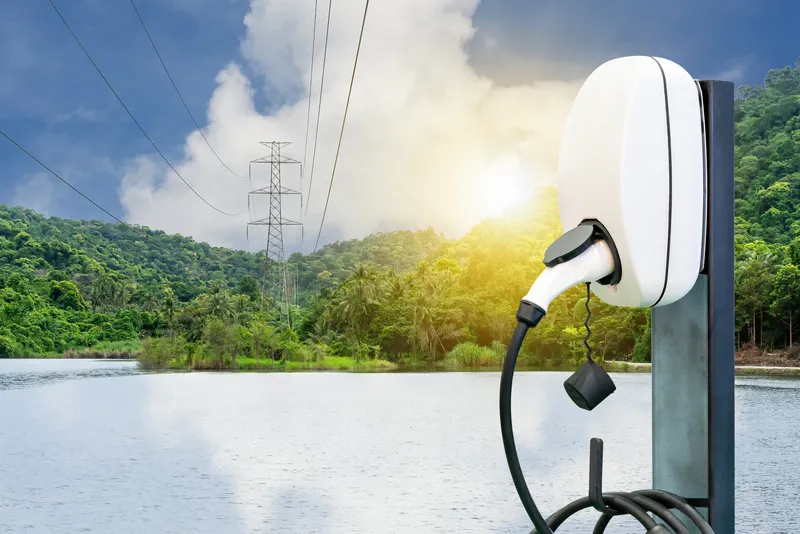The majority of people in the UK has reservations about new driving concepts such as driverless and electric cars, but believes the popularity of such technologies will surge in the future, according to a new survey carried out by industrial connectors and components distributor Northern Connectors.
The survey revealed that almost two-thirds of respondents cited safety issues, such as the driver not being in full control of their vehicle, as a main disadvantage of driverless cars. Almost half are worried
November 17, 2016
Read time: 2 mins
The majority of people in the UK has reservations about new driving concepts such as driverless and electric cars, but believes the popularity of such technologies will surge in the future, according to a new survey carried out by industrial connectors and components distributor Northern Connectors.
The survey revealed that almost two-thirds of respondents cited safety issues, such as the driver not being in full control of their vehicle, as a main disadvantage of driverless cars. Almost half are worried that machines would struggle with the ethical decisions that present themselves on the road and 50 per cent agreed there would be uncertainty over who would be held responsible in the event of a crash.
Almost 850 people took part in the survey and just under two-thirds said they would currently rather own a manual than a driverless car, with many citing the joy of driving and the control and freedom it affords them, while others claimed they do not trust technology and believe manual driving to be safer.
The survey also revealed that many people are worried about practical issues concerning electric cars. More than three-quarters pointed to difficulties with recharging, two-thirds cited long recharging times, the same percentage raised fears about running out of electricity mid-journey and more than one-third said they would worry about battery replacement issues.
Just under half of those questioned said they would currently rather own a petrol-powered car, compared to 26 per cent who would prefer an electric car and 29 per cent who don't know.
Despite these reservations, most respondents expect use of both driverless and electric cars to increase in the future. It was shown that more than two-thirds believe driverless cars will be either quite popular or very popular in the years ahead, while almost three-quarters think electric cars will either be quite or very popular. Reduced driver fatigue and a reduction in drink or drug driving accidents were shown as the main advantages of driverless cars, while the main advantages of electric cars were said to be that they are more environmentally-friendly and there is no need for petrol.
The survey revealed that almost two-thirds of respondents cited safety issues, such as the driver not being in full control of their vehicle, as a main disadvantage of driverless cars. Almost half are worried that machines would struggle with the ethical decisions that present themselves on the road and 50 per cent agreed there would be uncertainty over who would be held responsible in the event of a crash.
Almost 850 people took part in the survey and just under two-thirds said they would currently rather own a manual than a driverless car, with many citing the joy of driving and the control and freedom it affords them, while others claimed they do not trust technology and believe manual driving to be safer.
The survey also revealed that many people are worried about practical issues concerning electric cars. More than three-quarters pointed to difficulties with recharging, two-thirds cited long recharging times, the same percentage raised fears about running out of electricity mid-journey and more than one-third said they would worry about battery replacement issues.
Just under half of those questioned said they would currently rather own a petrol-powered car, compared to 26 per cent who would prefer an electric car and 29 per cent who don't know.
Despite these reservations, most respondents expect use of both driverless and electric cars to increase in the future. It was shown that more than two-thirds believe driverless cars will be either quite popular or very popular in the years ahead, while almost three-quarters think electric cars will either be quite or very popular. Reduced driver fatigue and a reduction in drink or drug driving accidents were shown as the main advantages of driverless cars, while the main advantages of electric cars were said to be that they are more environmentally-friendly and there is no need for petrol.










